BLOG
At CUSP we’re looking at sustainable finance from various angles. By combining transdisciplinary perspectives, we aim to provide a richer understanding of investment and shed light on issues that have hampered the development of a green economy and more sustainable forms of prosperity.
Ecological Economist Federico Demaria was one of the panellist at our recent House of Commons debate on ‘Degrowth’ as an international movement gaining traction. Here’s his report on the challenges and tasks ahead.
What if we have known about our unsustainable destruction of the environment for a long time? Might we learn from our history of conscious ruin, and see more lucidly which institutions, social relations and modes of thought have perpetuated it?
Climate change is not an easy subject for politicians – they have to turn scientific consensus about the need for action into a workable agenda that can win people’s support. But how do politicians go about this? In this blog, CUSP fellow Rebecca Willis summarises her research findings.
Citizenship is not so undifferentiated as Melissa Lane’s paper makes out, Victor Anderson finds, and is every bit as diverse in the particular duties it implies. Professionalism matters, yes – but being a good citizen matters even more.
Environmental ethics cannot simply focus on the macro and the micro-levels of decision-making, Will Davies writes, when the sociology of contemporary capitalism compels us to consider the ethical commitments of institutions and authorities that operate between the two.
Paul Raskin’s Journey to Earthland is a thought-provoking essay that delivers an imaginative, compelling critique of societal problems, culminating in an ambitious description of a global eco-utopia.
Prosperity isn’t just about earning more and having more, it consists in our ability to participate meaningfully in the life of society. A vital element, Tim Jackson argues, that has gone missing for ordinary people over recent decades. We must question the fundamental structures behind our economies before they will work for everyone.
“Unlimited wants, scarce resources”– this is the economic problem, Dan Nixon finds. But once basic needs are met, how much should scarcity – having “enough” – be understood as a psychological problem? And what would it mean for how economics is taught?
“When an idea is sketched on a page, it can be examined and discussed much more easily than when it merely exists in people’s heads.” In this blog, CUSP Fellow James McKay introduces his recent project: A dream of a low carbon future.
Jedediah Purdy’s history of the idea of nature in American thought provides an instructive context for contemporary environmental debate, Richard Douglas finds, but its idea of democracy founders on the absence of a vision of humanity’s purpose in a post-growth world.
In this blog, Research Fellow Craig Rye introduces a set of novel analysis techniques, drawn from ecology and physics, to better understand the changing behaviour of recessions and the business cycle (recession cycle) in historical GDP datasets.
Barclay’s prosperity map has a very limited view of prosperity, focused almost entirely on financial wealth. Yet media reports have been entirely uncritical. We argue that this shows the power and dangers of measuring prosperity.
Our lifestyle today is widely considered to be the dominant influence on climate and the environment. The recognition of the Anthropocene as a new era calls for a new approach to politics, Marit Hammond argues; and the arts could play a key role.
The Agenda 2030 forms an ambitious set of long-run goals. Yet, for those most affected, the year 2030 seems like a very long time in the future. How can we make the most of it and involve kids in the SDGs task, Sue Venn asks, reflecting on her participation at a recent Global Goals conference at Ken Stimpson Community School.
In order to find out what is sustainable, we need some understanding of what Earth’s limits actually are. The fairly new field of Earth System Science aims to provide the relevant information here, and this book by Tim Lenton is an introduction to its key aspects.
Small and medium sized enterprises are a dominant part of the global economy but get less attention than larger corporates in discussions about environmental issues. This opens up a fascinating debate, Fergus Lyon finds, about their role both within the ‘green growth’ agenda and the vision for ‘post-growth’ or steady state economics.
Meaningful responses to climate change require social change, but can we take the measures needed and still keep voters happy? In this blog, Charles Seaford is introducing some numbers to help exploring the dimensions of a politically feasible sustainability.
The recently adopted SDGs are an important set of long-run goals, and have the prestige and legitimacy of the United Nations. But what can they actually do for the UK? Victor Anderson’s thoughts on the first UK Stakeholders for Sustainable Development workshop on Monday 25 April.
In this blog Angela Druckman explains how CUSP is collating visions of the future, and exploring which types of economic systems may make the achievement of sustainable prosperity more plausible.
To coincide with the launch of a new All Party Parliamentary Group on Limits to Growth, Tim Jackson discusses the continuing relevance of the Club of Rome’s groundbreaking report in today’s context and introduces Limits Revisited, a new review of the debate, co-written with environmental writer Robin Webster.
What does the ‘good life’ actually mean to people and how are their visions and aspirations informed by aspects of their social, economic and environmental situation? In this blog, co-investigator Kate Burningham explains how CUSP is approaching research into the social and psychological understandings of the good life.
In this blog, CUSP deputy director Prof Fergus Lyon is looking at the concept of Gross National Happiness as explored by The Kingdom of Bhutan, discussing its practical implications for socio-economic development and alternative enterprises.
A shift towards a sustainable prosperity must ultimately be a shift in values, and needs to be understood as such, co-investigator Dr Will Davies writes in this blog, setting out the work programme for our research theme on the meaning and moral framing of the good life.
Arts are communicators of a message, but are an element of sustainable prosperity itself, too. In this blog, co-investigator Prof Kate Oakley is outlining our research approach to understanding the role of the arts and culture in delivering prosperity.
A transformation of our political discourse and practice will be necessary to achieve a Sustainable Prosperity, co-investigator Dr Philip Catney writes in this blog, introducing his research perspective on our projects exploring the political and organisational dimensions of sustainable prosperity.
In the second blog of our series, CUSP deputy director Prof Fergus Lyon introduces the agenda of our research projects on alternative forms of businesses and social enterprises.
In the first blog of our new series, CUSP director Prof Tim Jackson explores the nature of prosperity and the challenge of achieving sustainable prosperity, introducing the CUSP work programme.


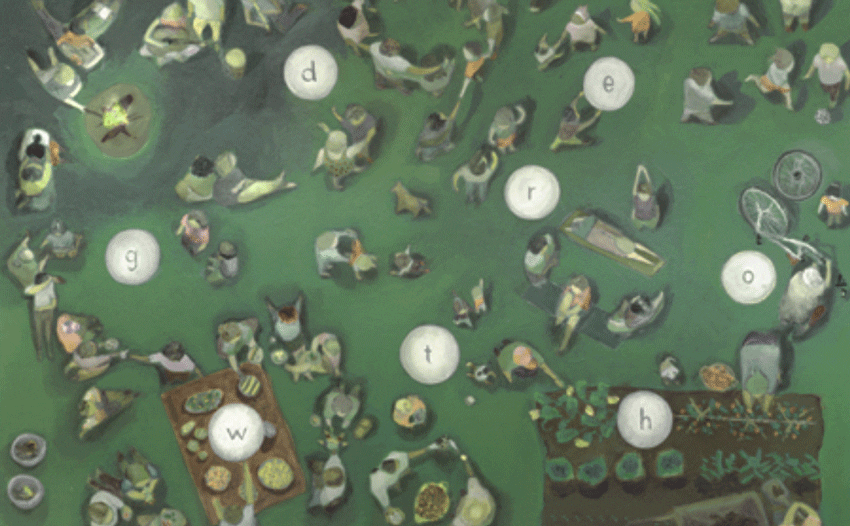

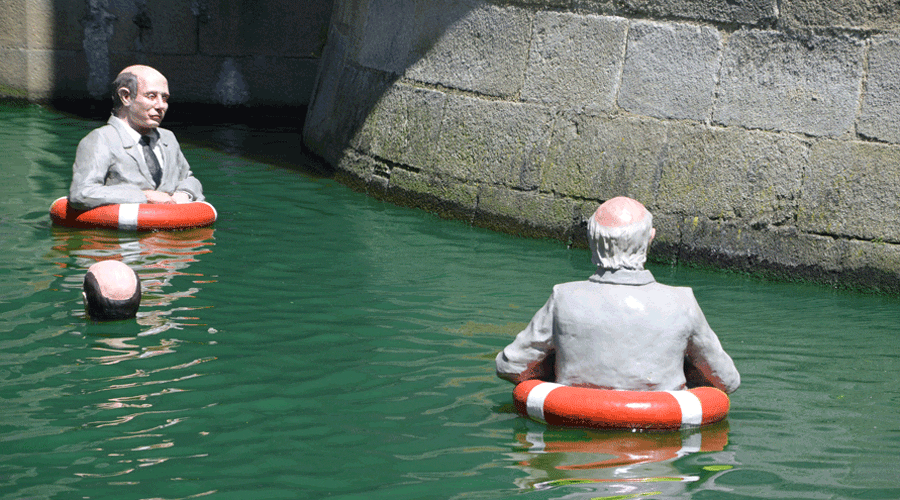


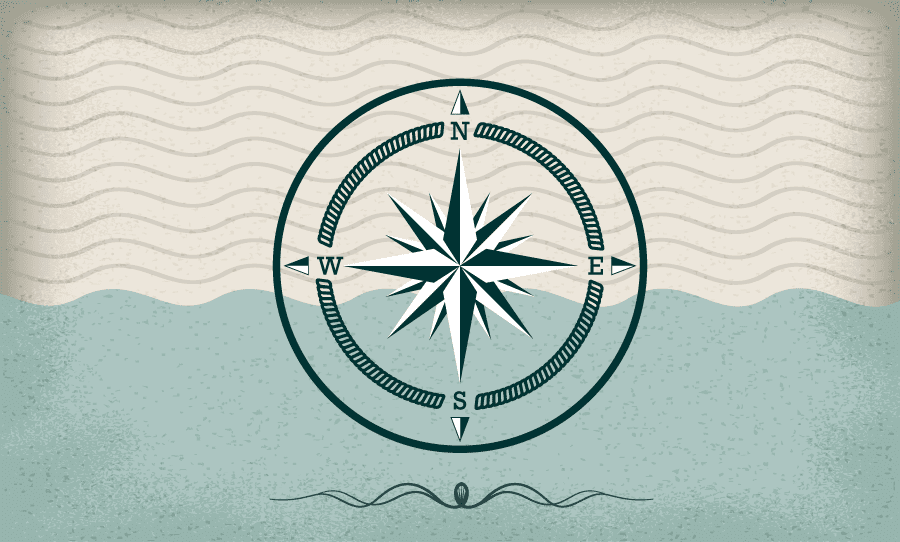


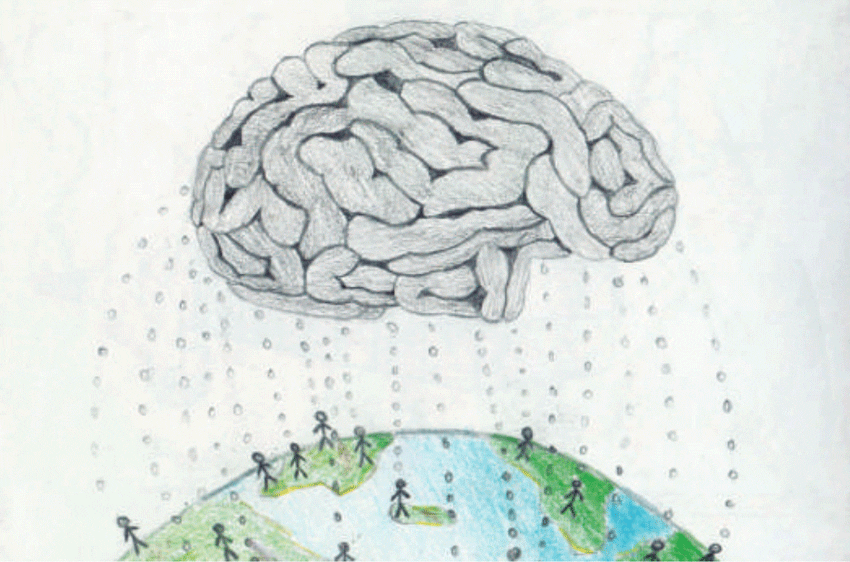


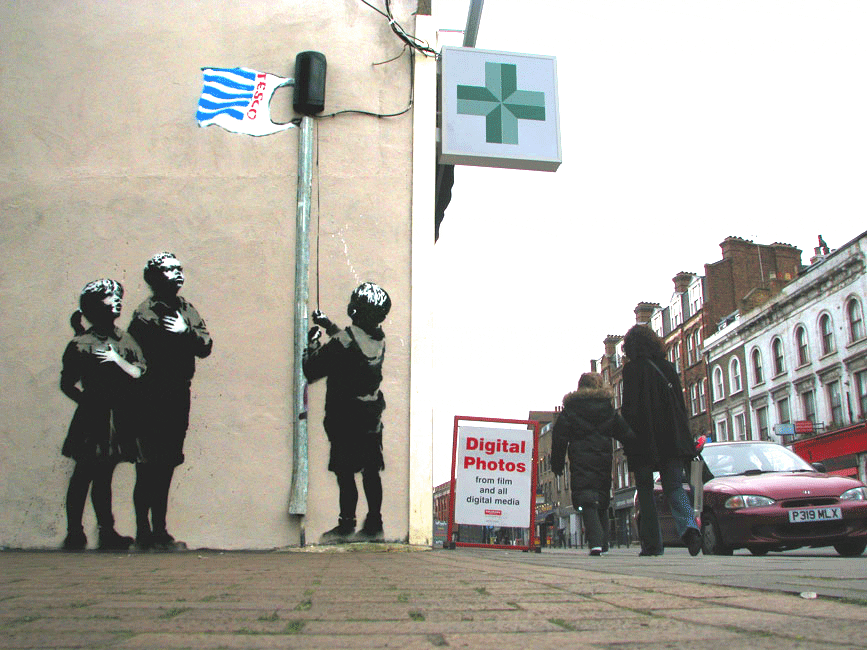

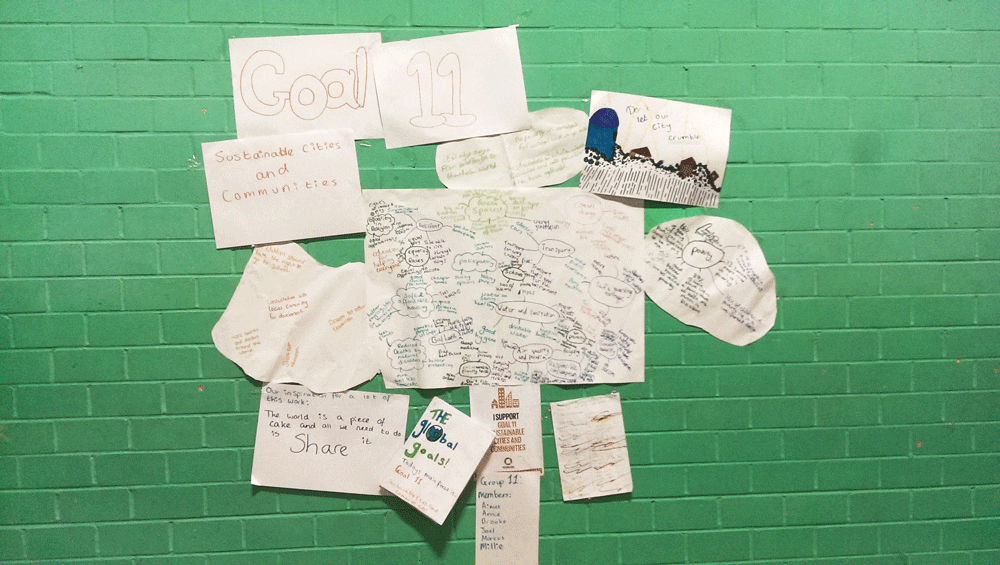


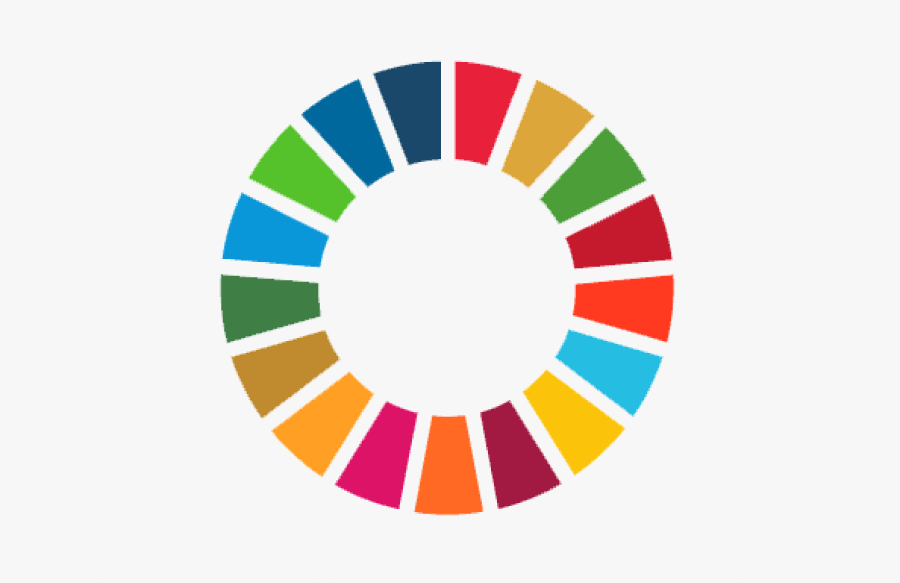
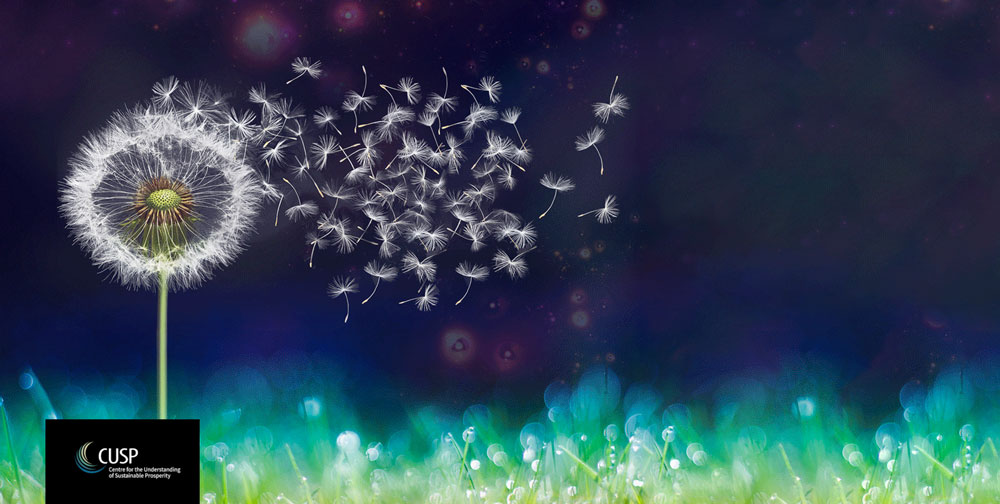
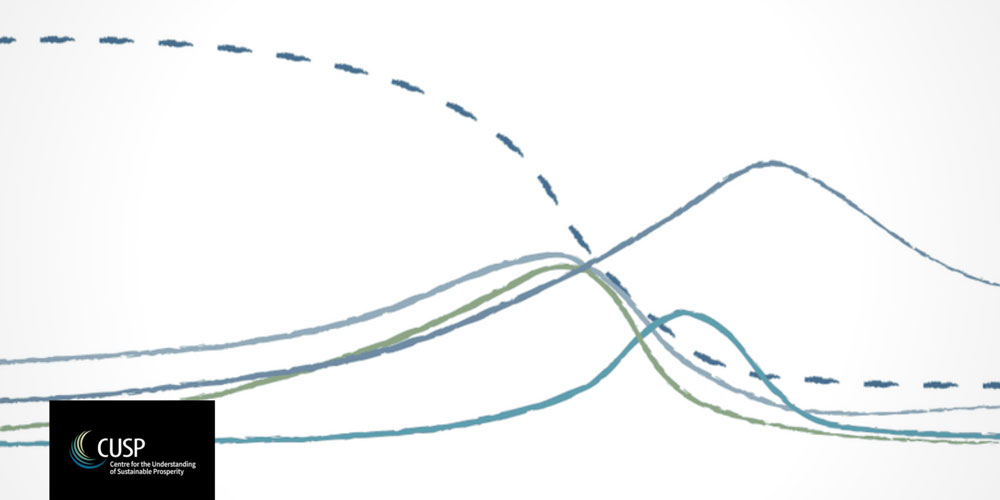

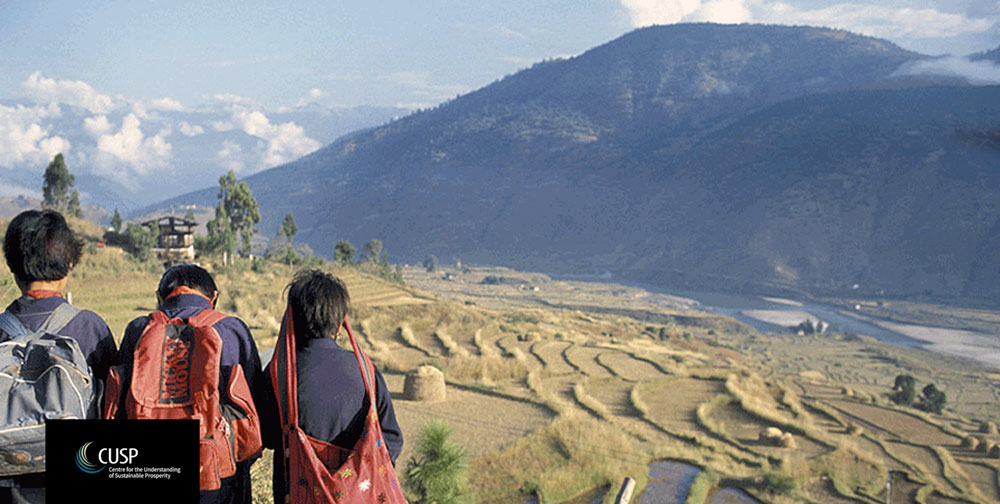


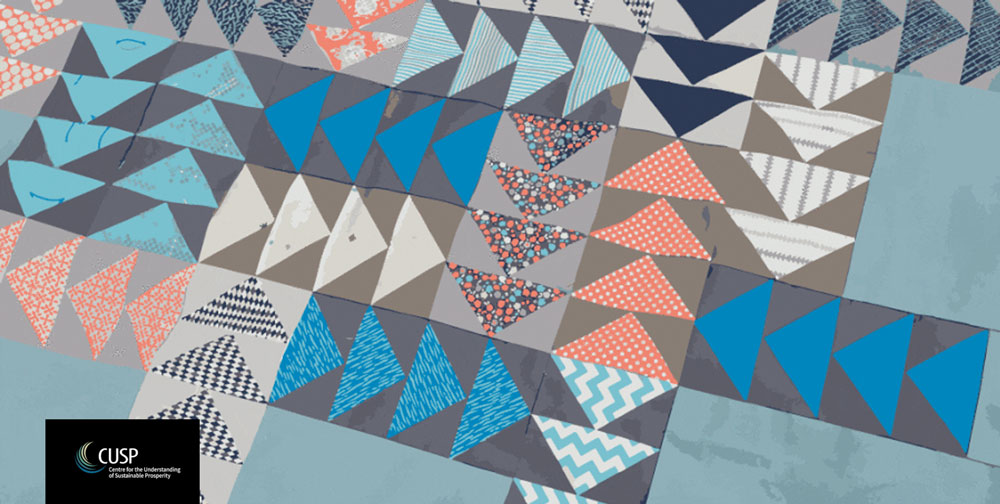

Academics must be conscious of the impact they create, Aled Jones and Alison Greig argue in their commentary, “even if that impact is unintentional. We must take responsibility for the action, or lack thereof, from the knowledge that we disseminate.”